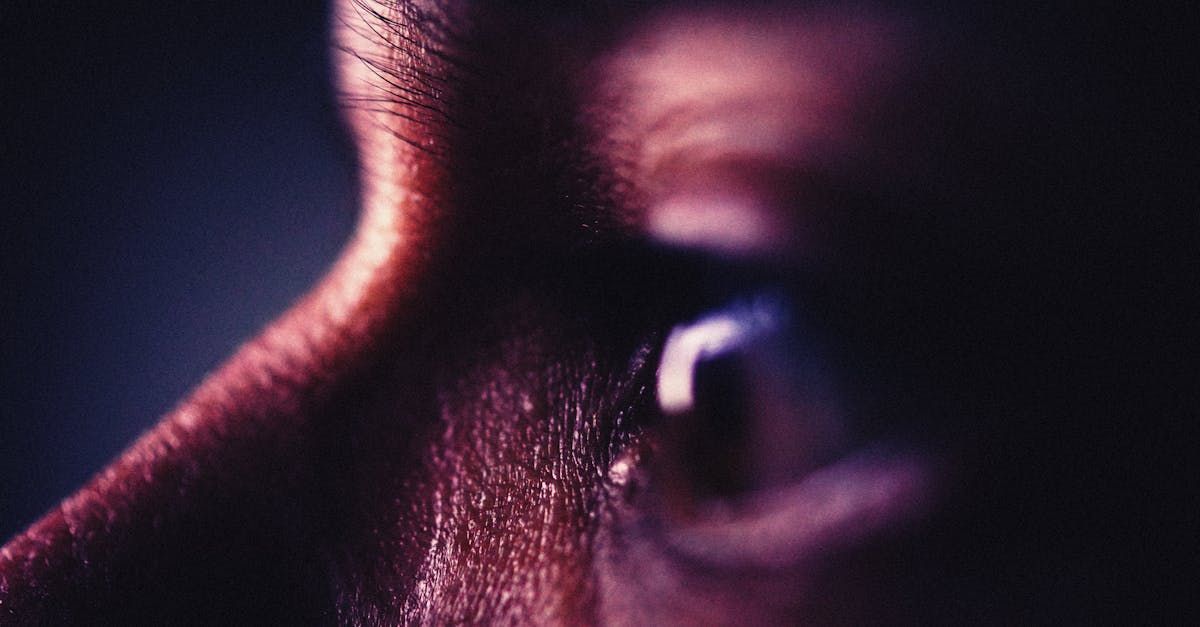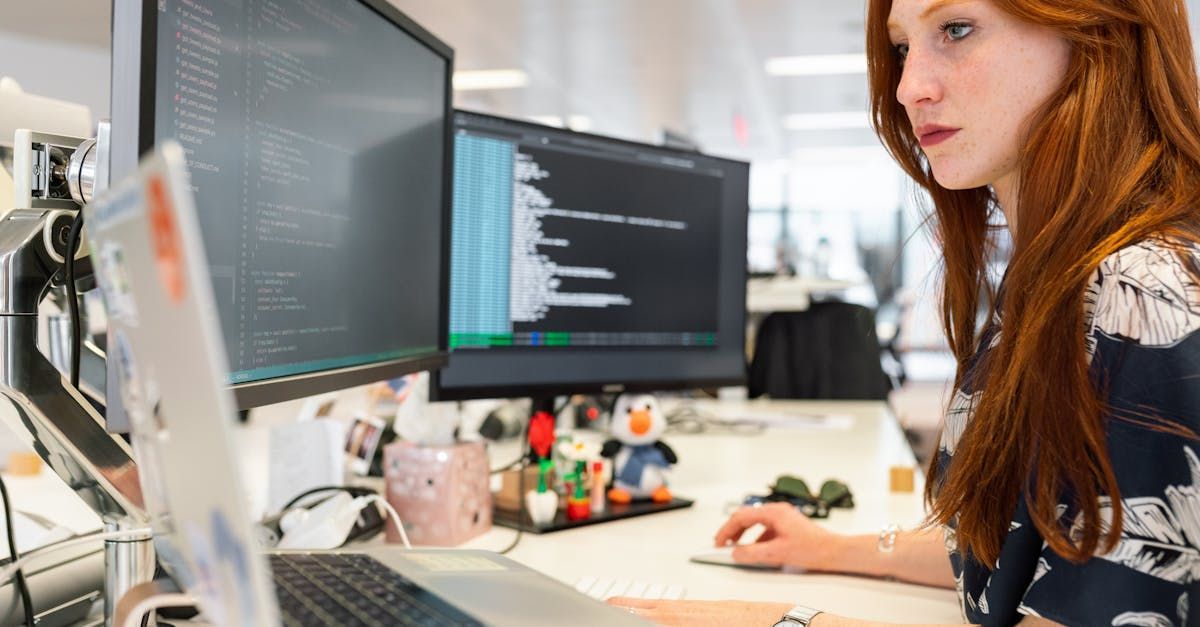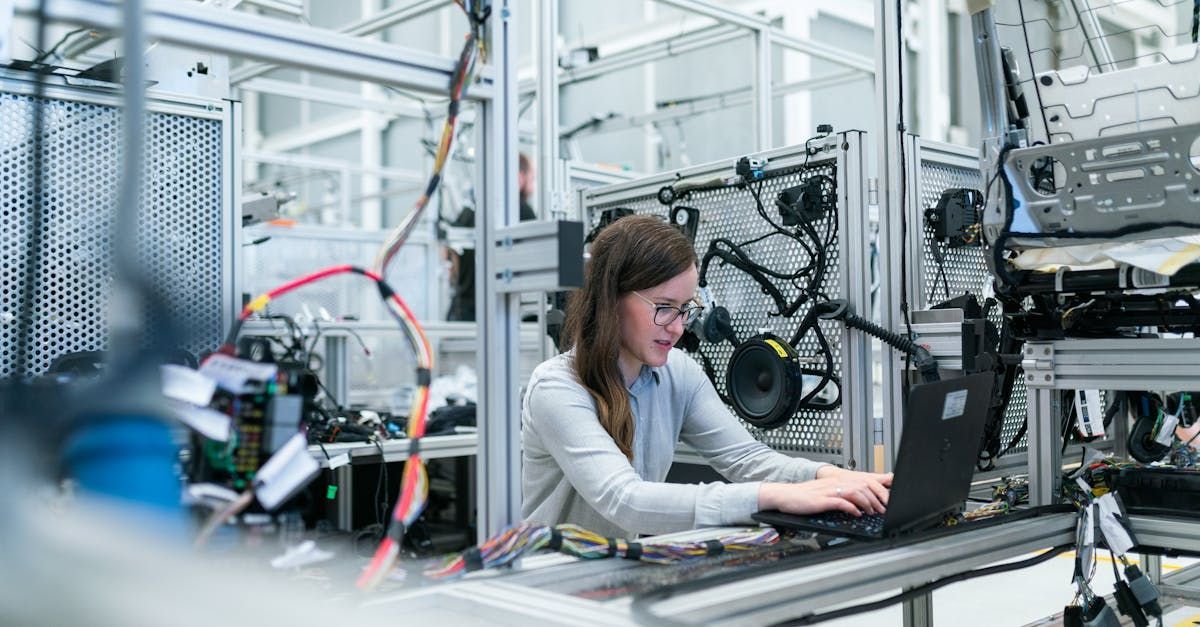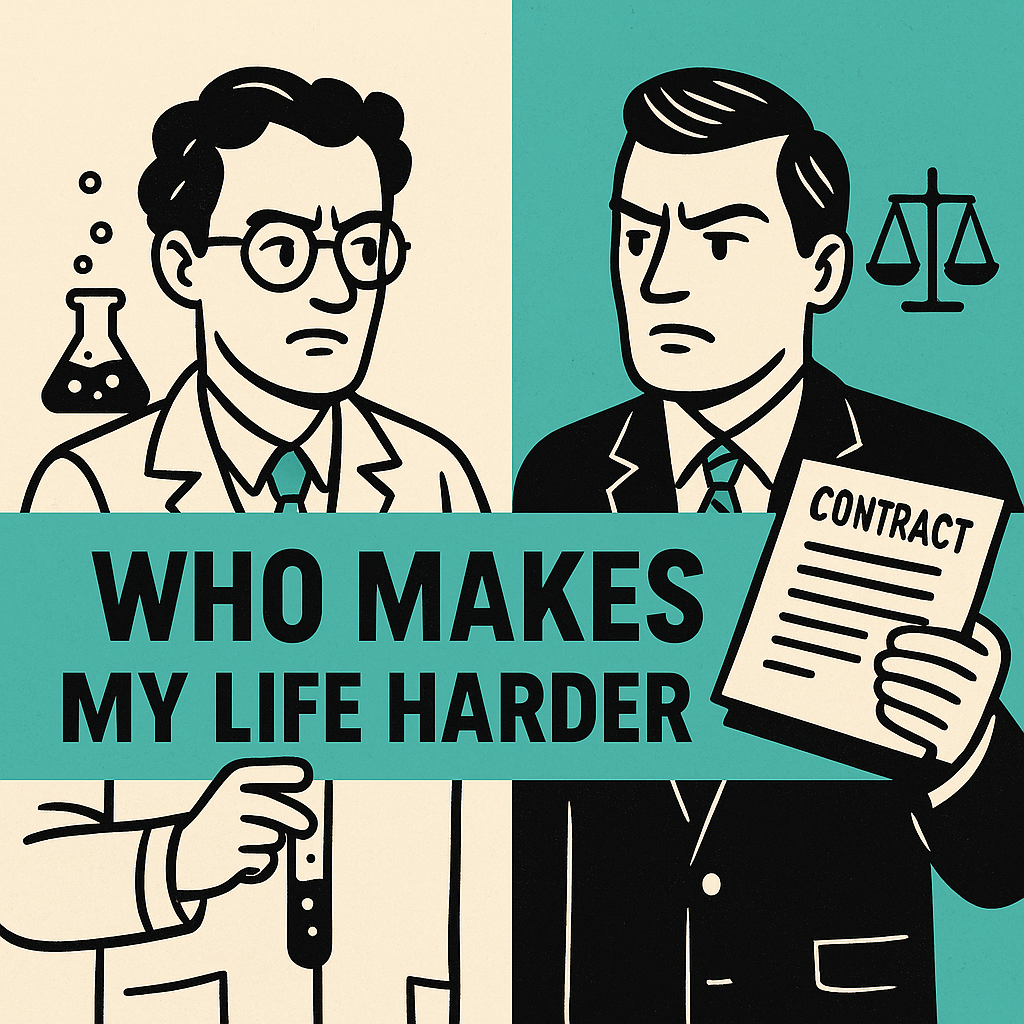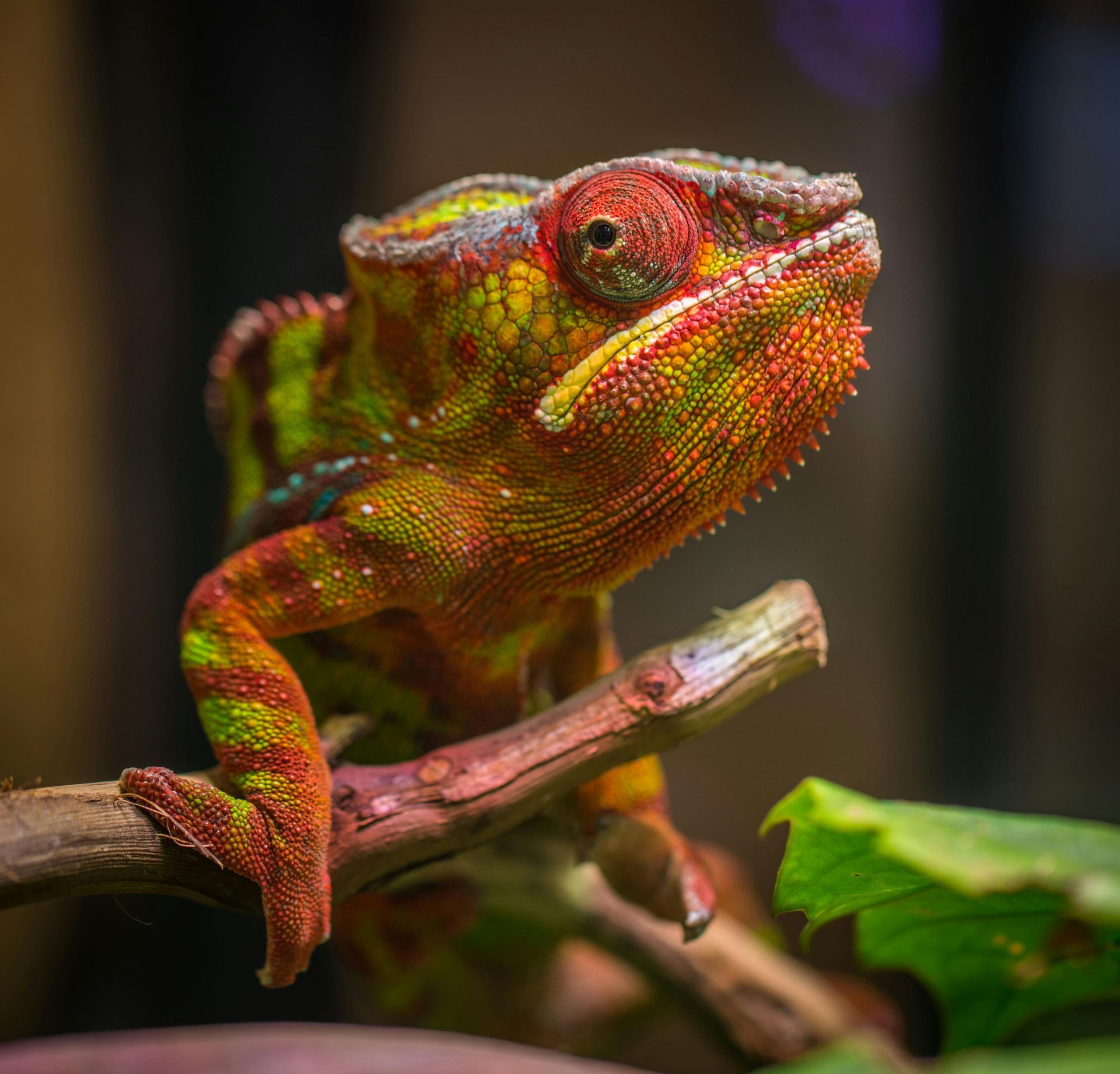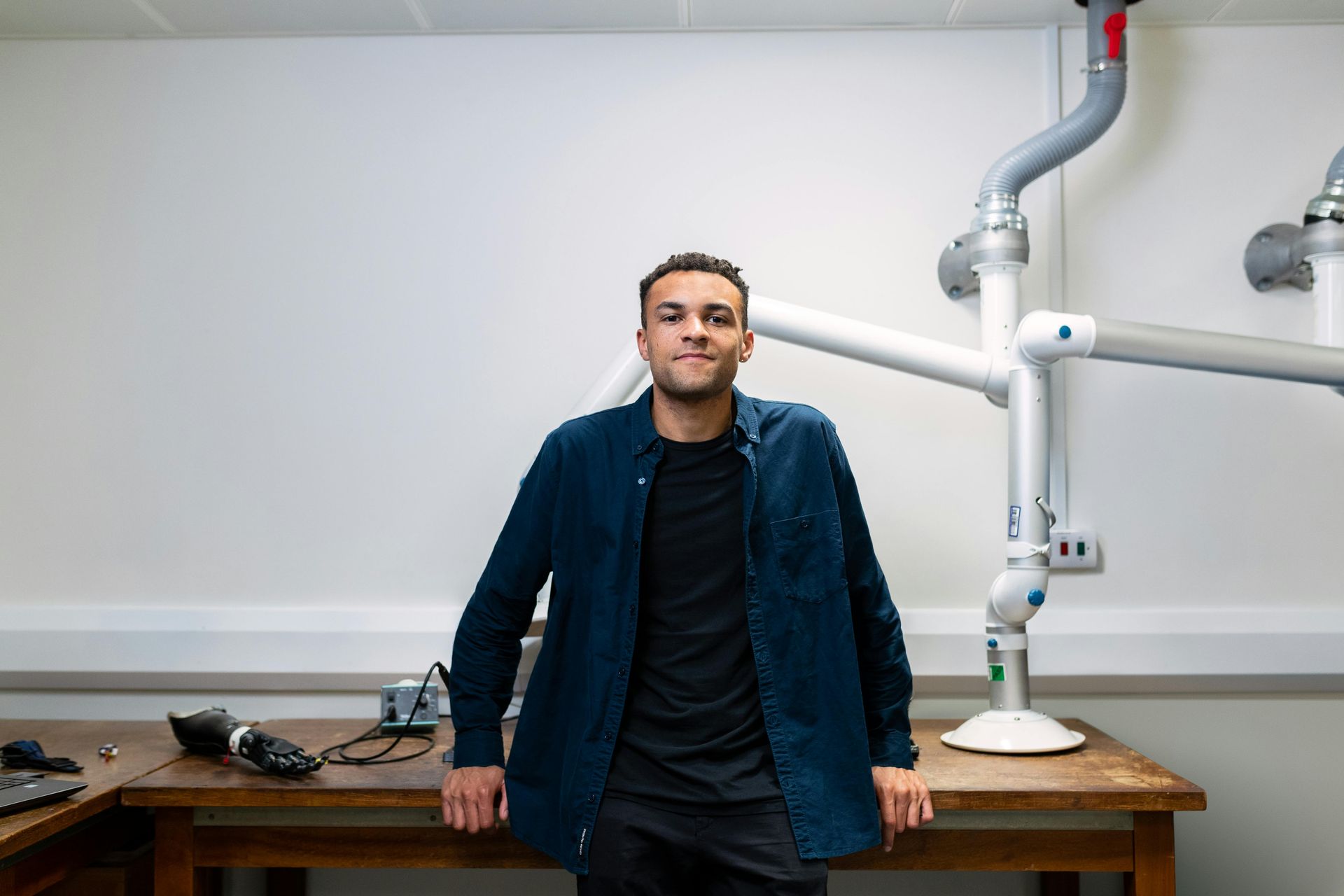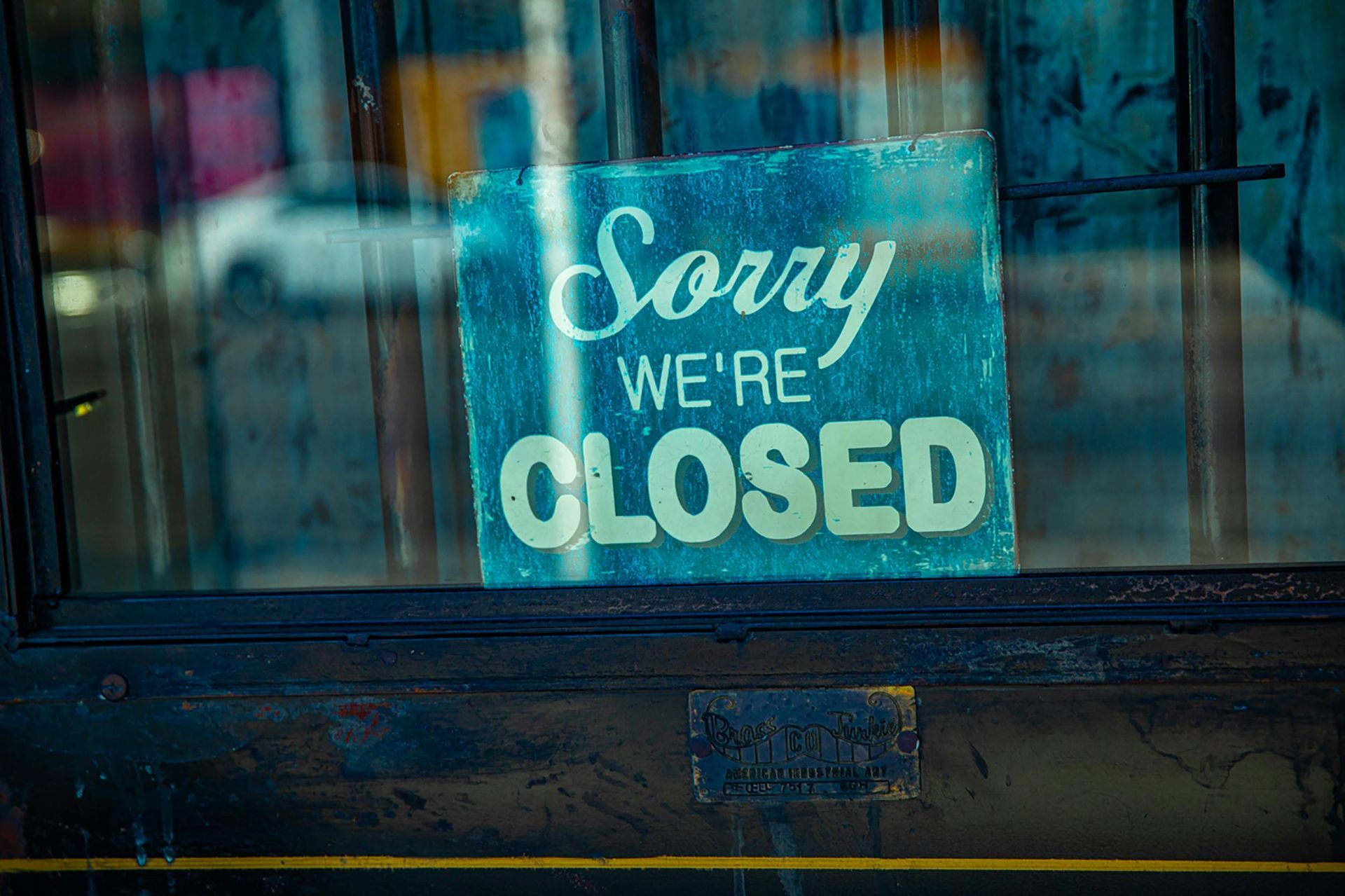How AI is Creating (and Replacing) Jobs in Computational Biology and Drug Discovery
AI is Reshaping the Life Sciences Workforce
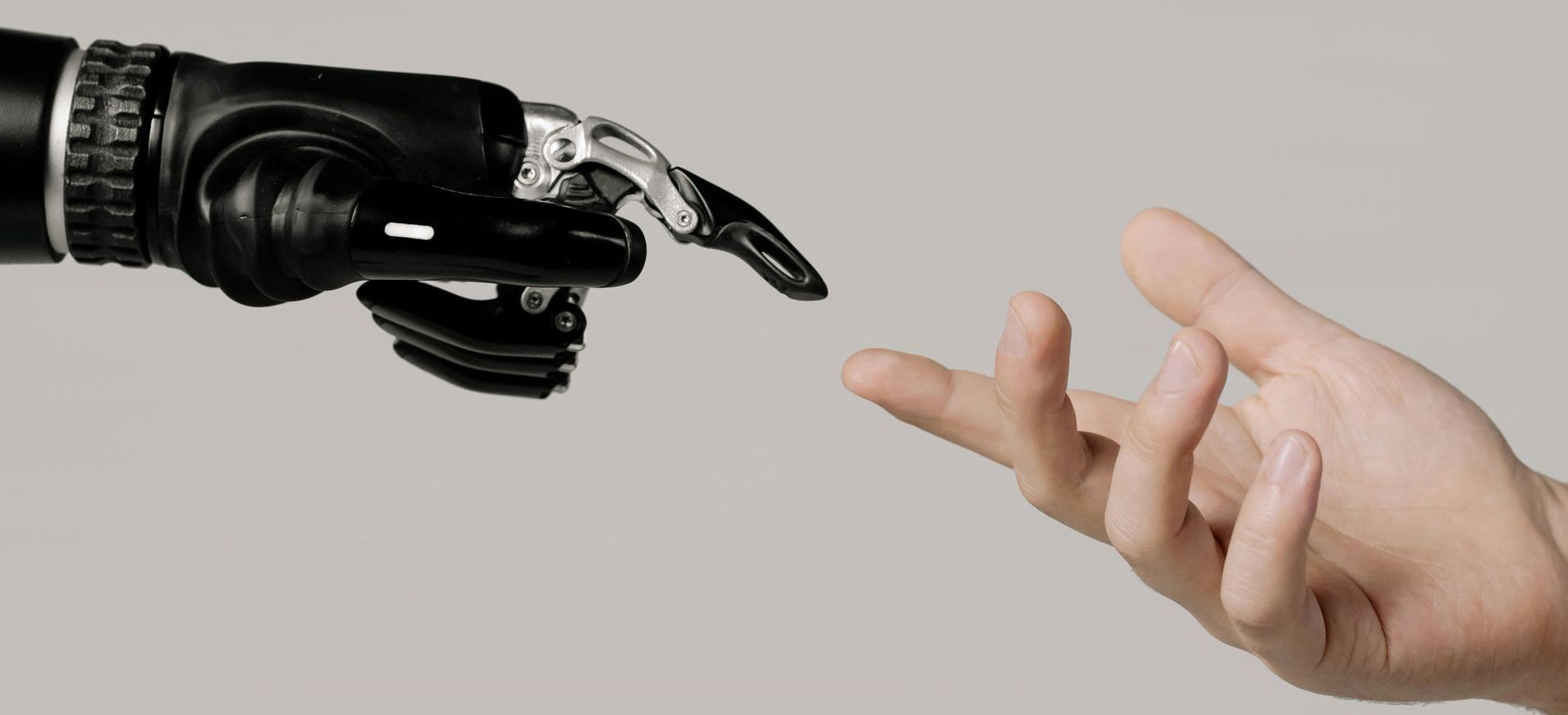
Artificial intelligence is no longer a futuristic concept in biotech—it’s actively transforming how research is conducted, how drugs are discovered, and who gets hired. While AI is creating new opportunities for computational biologists, data scientists, and AI engineers, it’s also automating certain traditional roles, forcing professionals to adapt or risk being left behind.
The Jobs AI is Creating
As AI becomes integral to drug discovery, new roles are emerging at the intersection of biology, data science, and machine learning.
Companies are now hiring:
- Computational biologists & bioinformaticians – Skilled in AI-driven data analysis for genomics, proteomics, and personalized medicine.
- Machine learning engineers in biotech – Developing algorithms to predict drug interactions, optimize molecular design, and streamline clinical trials.
- AI specialists in drug discovery – Designing deep learning models to identify novel drug candidates faster than traditional methods.
- Data scientists for biomedical research – Managing and interpreting vast biological datasets generated by AI-powered experiments.
- Automation & robotics engineers – Developing AI-driven lab automation tools to handle repetitive experiments with precision.
The Roles AI is Replacing or Transforming
Not all life sciences jobs are safe from AI-driven automation. Some roles are evolving, while others are becoming obsolete:
- Traditional bench scientists – AI-driven automation in labs is reducing the need for repetitive manual experiments.
- Entry-level data analysts – Machine learning algorithms can process and interpret vast datasets faster than junior analysts.
- Manual drug screening technicians – AI-driven models are accelerating virtual screening, reducing reliance on physical compound testing.
- Basic computational modelers – Pre-trained AI models are making routine computational tasks more accessible, shifting the demand to AI-savvy specialists.
Rather than eliminating jobs outright, AI is changing the skill sets required in biotech and life sciences.
The Skills Biotech Professionals Need to Stay Competitive
To thrive in an AI-powered life sciences industry, professionals need to develop new competencies:
- AI & machine learning proficiency – Understanding AI-driven research tools, even at a conceptual level, will be a competitive advantage.
- Data science & coding skills – Familiarity with Python, R, and cloud computing for handling and analyzing large datasets.
- Interdisciplinary knowledge – Combining biological expertise with computational and AI-based problem-solving approaches.
- Adaptability & continuous learning – Staying updated on how AI is reshaping workflows and research methodologies.
Conclusion: AI is Reshaping Careers, Not Eliminating Them
AI isn’t just replacing jobs—it’s redefining them. While traditional life sciences roles are evolving, new opportunities are emerging for professionals who embrace AI-driven workflows.
To stay ahead, scientists, bioinformaticians, and drug discovery experts must adapt, upskill, and leverage AI as a tool—rather than view it as a threat.
Looking to hire AI-savvy professionals for computational biology and drug discovery? Symbiotica specializes in sourcing top-tier talent at the intersection of life sciences and machine learning. Let’s connect.
Contact Us
Hiring is data. Retention is psychology. The best companies get both right - only the exceptional make it a strategy
